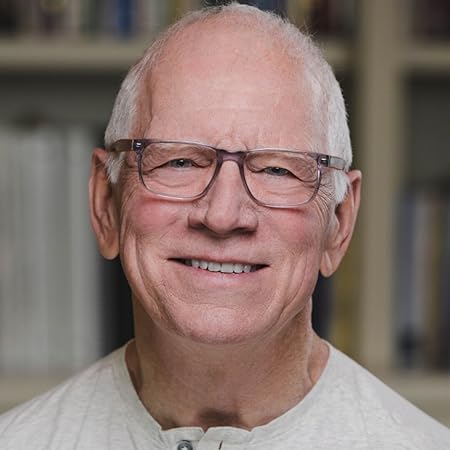Ecclesiastes 6 What if you had everything you ever wanted and could enjoy it? That would be great, right? But what if you could find just as much enjoyment with what you have right now? Wouldn’t that be awesome? Join Patrick Morley as Solomon explains how a man who has it all can “choose” not…
LESSON 9 OF 13
21 min read
Membership Required
This content is only available to members. Please join to access this content.
Continue the Series
Dive into the wisdom of Solomon as this series reveals twelve profound secrets for a fulfilling life. From seeking God’s wisdom to finding contentment and purpose, each lesson uncovers practical advice and spiritual truths drawn from the book of Ecclesiastes to guide modern Christian living.
-
Solomon’s Bad News Is Good News For Us!
-
All the Wisdom of the World in 30 Minutes
-
It All Comes Down to This
-
When You’re Feeling Stuck
-
Solomon’s Advice If You Want To Be Counted Among The Wise
-
For Those Days When You Feel Disappointed With God
-
You Can’t Know The Future, So Where Does That Leave Us?
-
Solomon’s Wisdom for Whatever Has You Worried
-
Even If You Can Get Rich, Only God Can Make You Happy
-
If This Shoe Fits Don’t Wear It!

